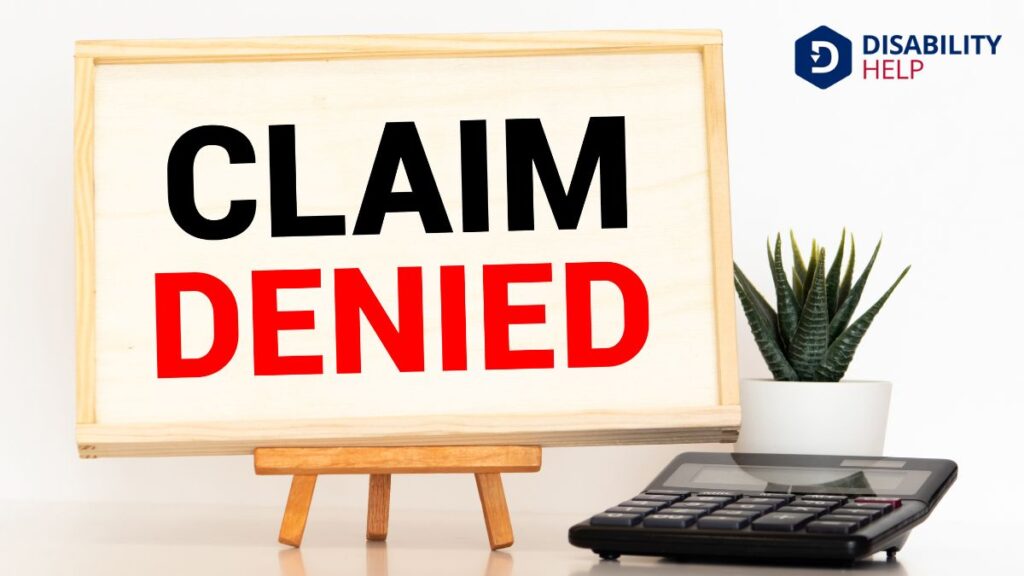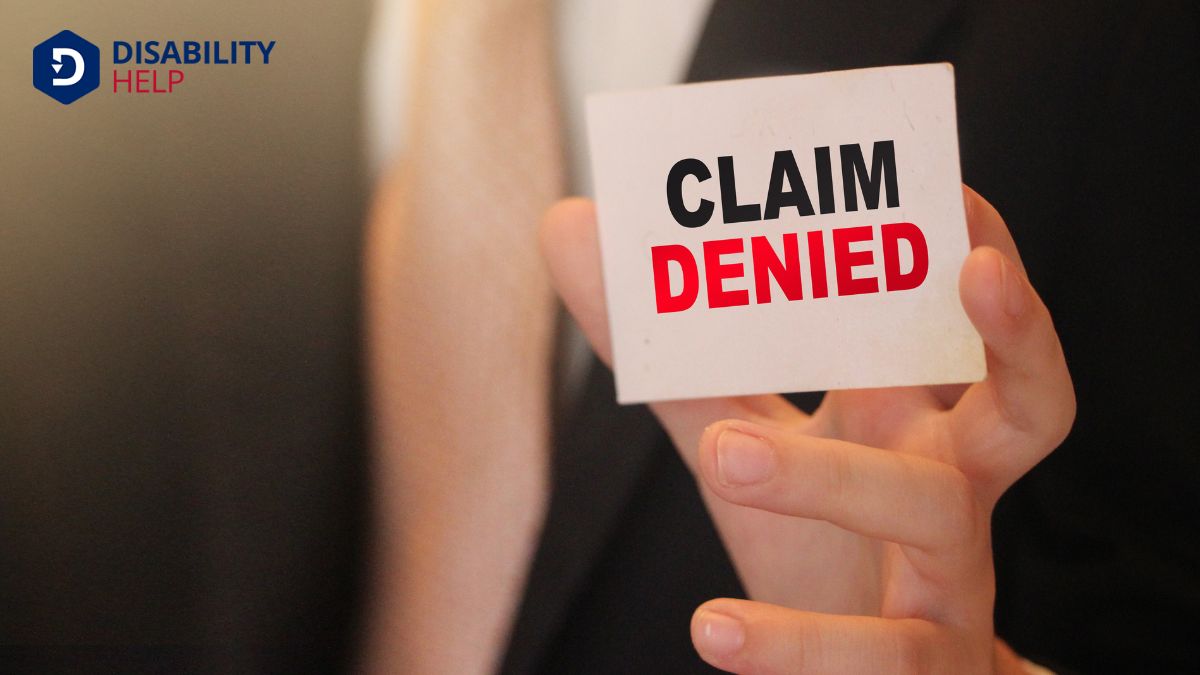When our claim is denied, it's easy to feel overwhelmed and frustrated. But understanding why it happened and what steps to take next can make a world of difference. We should start by carefully examining the denial letter, as it holds the key to our next move. If we navigate this process correctly, we're not only setting ourselves up for a successful appeal but also equipping ourselves to avoid future setbacks. So, what's our first step?
Key Takeaways
- Review the denial letter to understand the specific reasons for the claim denial.
- You have the option to file an appeal with the insurance company.
- Gather supporting documents and evidence to strengthen your appeal case.
- Adhere to deadlines and procedures outlined in the denial letter for appeals.
- Consider consulting a professional if you need assistance in the appeals process.
Common Reasons for Claim Denials

When it comes to understanding claim denials, it’s essential to identify the common reasons they occur. First and foremost, incomplete or inaccurate information can lead to denials. We must make sure all details are correct and documents are complete.
Another major factor is failing to meet policy terms. Sometimes, claims get denied because they fall outside the coverage scope, or we might miss deadlines for filing.
Furthermore, pre-authorization issues can play a role. Many services require prior approval, and skipping this step might result in denial.
Finally, clerical errors, while seemingly minor, can cause significant issues. Recognizing these reasons helps us proactively address potential problems, ensuring a smoother claim process.
Let’s stay vigilant and informed to minimize claim denials.
Understanding Your Denial Letter
Although receiving a denial letter can be frustrating, understanding its contents is vital for determining your next steps.
Let’s break down the key elements we should focus on.
- Reason for Denial: The letter will outline why our claim was denied. It’s important to read this section thoroughly to identify any potential misunderstandings or errors.
- Policy Details: The letter often references specific policy language. We should compare this with our own documentation to guarantee there’s no misinterpretation.
- Contact Information: It provides details on who to contact for further clarification. Reaching out can offer additional insights into the decision.
- Next Steps: While the appeal process isn't covered here, the letter might hint at possible actions we could take.
Understanding these components empowers us to move forward strategically.
Steps to Appeal a Denied Claim
After understanding the reasons for our claim denial, we can take the next important step: appealing the decision.
First, let’s gather all necessary documents, including the denial letter and any supporting evidence. This forms the backbone of our appeal.
Next, we should carefully review our policy details to guarantee compliance with the terms and identify any overlooked information that supports our case.
Once prepared, we can submit a formal written appeal to the insurance company, clearly outlining why we believe the denial was incorrect.
It’s essential to adhere to any specific deadlines and procedures stated in the denial letter.
Maintaining organized records of all correspondence and documentation during this process is imperative, making sure we’re ready to respond promptly to any requests for additional information.
How to Strengthen Your Appeal
To strengthen our appeal, we should focus on presenting a compelling and well-organized case.
It's crucial to gather all necessary documentation and evidence that supports our claim. We must guarantee everything is clear, concise, and directly addresses the reasons for the denial.
Here are some steps we can take:
- Review the denial letter: Understand the specific reasons why our claim was denied to address them effectively.
- Gather supporting documents: Collect medical records, expert opinions, or any other relevant evidence that counter the denial reasons.
- Write a detailed appeal letter: Clearly explain why the decision should be reconsidered, using evidence and facts.
- Consult a professional: Consider seeking assistance from a lawyer or advocate experienced in appeals to strengthen our case further.
Preventing Future Claim Denials

While strengthening our appeal is important, we should also focus on preventing future claim denials. First, we need to guarantee that all forms are filled out accurately and completely. Double-checking details like our name, address, and policy number can save us headaches later.
Let’s also keep organized records of all communications and documents related to our claims. This will help if we need to reference information quickly. Additionally, we should familiarize ourselves with our policy’s terms and conditions. Understanding what’s covered and what’s not can prevent misunderstandings.
Finally, don’t hesitate to ask our insurance provider questions when in doubt. Their guidance can clarify confusing aspects and prevent errors. By taking these proactive steps, we can minimize the risk of future denials.
Conclusion
In facing a claim denial, we mustn't lose heart. Together, we'll carefully review the denial letter to grasp the reasons behind it. By organizing our documents and understanding our policy's terms, we'll build a strong appeal. Let's stay proactive, addressing any gaps and learning from this experience to prevent future denials. With diligence and determination, we can navigate the appeals process effectively and protect our rights. We're in this together, and we can succeed.






